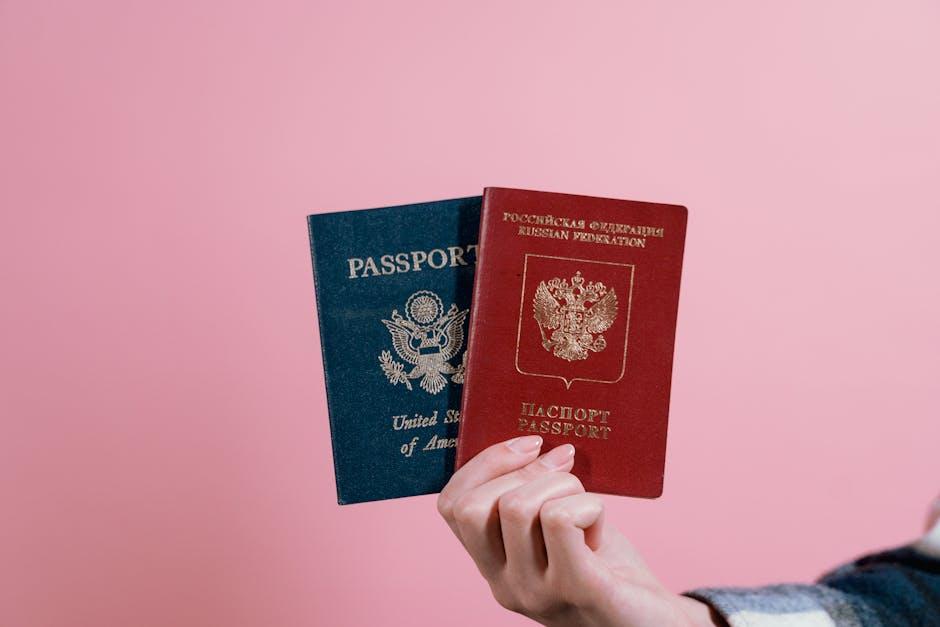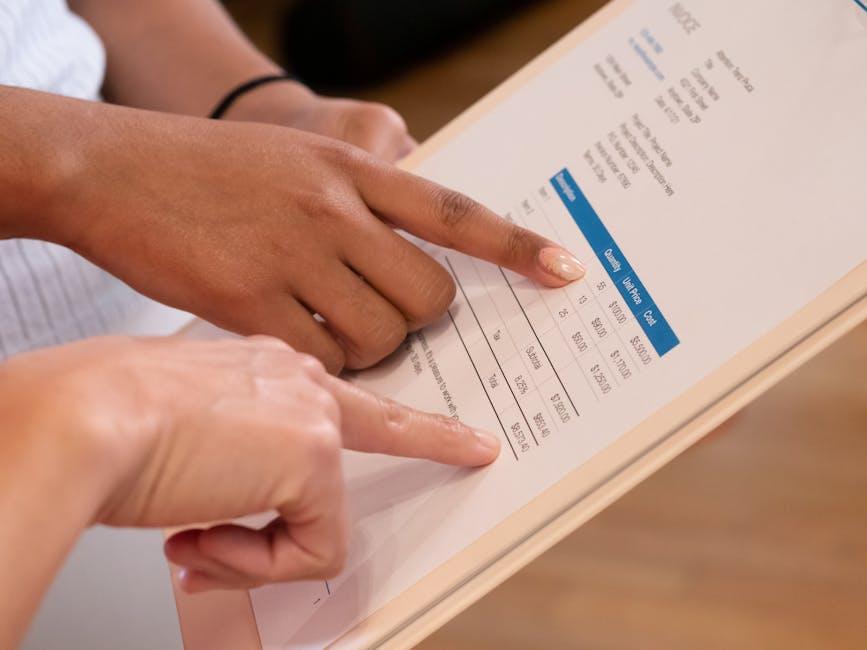In the digital age, where swipes and clicks can lead to meaningful connections or fleeting encounters, the question of identity verification on dating platforms looms large. As virtual spaces become the new arenas for romance, the authenticity of user profiles takes center stage. Should these platforms demand proof of identity, or does this encroach on personal privacy? This debate intertwines with issues of safety, trust, and freedom, painting a complex picture of modern love. In this exploration, we delve into the pros and cons of identity verification, seeking to uncover whether it is a necessary safeguard or an unwelcome intrusion.
Unmasking Authenticity: The Case for Identity Verification
In the digital age, where anonymity often reigns supreme, the idea of verifying one’s identity on dating platforms might seem intrusive to some, yet it holds undeniable potential for enhancing user safety and trust. Identity verification can serve as a powerful tool to combat the growing concerns of catfishing, scams, and misleading profiles. By ensuring that users are who they claim to be, dating platforms can create a more secure environment where genuine connections can flourish.
Consider the benefits of identity verification:
- Enhanced Safety: Users can engage with confidence, knowing they are interacting with verified individuals.
- Reduced Fraud: Scammers and bots find it more challenging to infiltrate platforms, leading to a decrease in fraudulent activities.
- Trust Building: Genuine users can build relationships grounded in trust, free from the fear of deception.
While some may view it as a privacy concern, the case for identity verification lies in its ability to foster a community where authenticity prevails, making it a worthy consideration for dating platforms striving to offer a more reliable and secure user experience.
Privacy vs. Security: Navigating User Concerns
Balancing privacy and security on dating platforms is a delicate dance. On one hand, users crave the assurance that comes from knowing their matches are who they claim to be. This assurance can significantly reduce the risk of catfishing, scams, and other malicious activities. On the other hand, requiring identity verification can feel invasive, prompting concerns about how personal data is handled and stored.
- Security Benefits: Enhanced trust, reduced fake profiles, and safer interactions.
- Privacy Concerns: Data breaches, misuse of personal information, and the fear of over-surveillance.
Striking the right balance involves transparent policies and robust security measures, ensuring users feel both safe and respected. Platforms might consider offering verification as an optional feature, empowering users to choose their own comfort level.

Building Trust: How Verification Could Transform Online Dating
In the realm of online dating, the concept of verification could be a game-changer, fostering a more secure and trustworthy environment. Verification can help ensure that users are who they claim to be, reducing the prevalence of catfishing and fake profiles. By implementing identity checks, platforms could create a safer space where users feel more confident in their interactions.
Consider the potential benefits:
- Enhanced Safety: Users can interact knowing that their potential matches have been verified, decreasing the risk of deception.
- Improved Accountability: With real identities linked to profiles, users may be more inclined to behave respectfully.
- Increased Trust: A verified community can foster genuine connections, as users feel more at ease sharing personal information.
While there are privacy concerns to address, the promise of a more authentic dating experience could outweigh the drawbacks, potentially transforming the way we connect online.

Balancing Freedom and Safety: Crafting Effective Policies
In the realm of online dating, the quest to find a balance between personal freedom and user safety presents a unique challenge. Requiring identity verification on dating platforms is a topic that has sparked significant debate. On one hand, verification could enhance trust and security by ensuring that users are who they claim to be, potentially reducing the risks of catfishing, scams, and other deceptive practices. On the other hand, such requirements might deter users who value anonymity or privacy, limiting their freedom to explore connections without revealing personal information.
When crafting policies, platforms must consider several factors:
- Privacy Concerns: How can user data be protected while still enforcing verification?
- Inclusivity: Are there ways to verify identities that do not alienate certain groups?
- Flexibility: Can users have the option to verify, with benefits like increased visibility or trust indicators?
Balancing these elements requires thoughtful policy design, aiming to create a safe yet liberating environment for all users.



